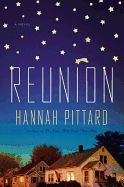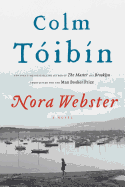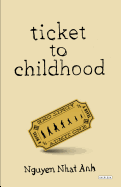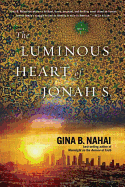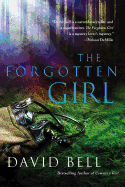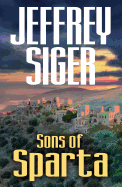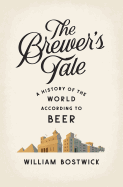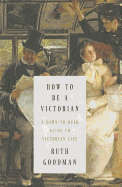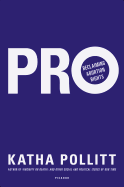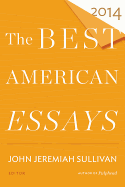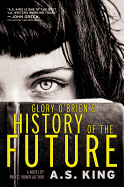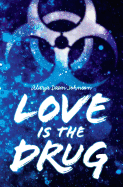Nonfiction
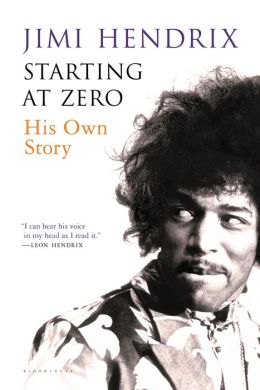 Starting at Zero: His Own Story by Jimi Hendrix (Bloomsbury, $17)
Starting at Zero: His Own Story by Jimi Hendrix (Bloomsbury, $17)
Starting at Zero is the story of Jimi Hendrix in the legendary rock guitarist's own words. Compiled from interviews and the lyrical content of his songs by filmmaker Peter Neal, it offers a perspective on Hendrix rarely seen in books about superstars, an intimate portrait that reveals his inner motivations.
Holding on Upside Down: The Life and Work of Marianne Moore by Linda Leavell (Farrar, Straus & Giroux, $18)
Linda Leavell's new biography highlights Marianne Moore's eccentricities and her place in the vanguard of modern American poetry. She preceded by three decades the female icons of 20th-century American "modernism," Sylvia Plath and Anne Sexton. Compared to their edgy profligacy, Moore lived a rather prosaic life but still heralded the end of 19th-century poetry and the dawn of a freer, more vernacular verse.
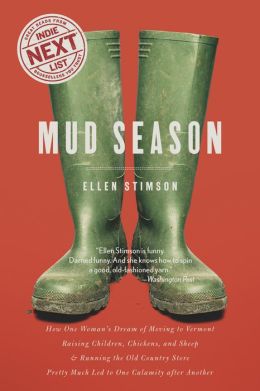 Mud Season by Ellen Stimson (Countryman, $16.95)
Mud Season by Ellen Stimson (Countryman, $16.95)
Based on a single bucolic and romantic weekend in Vermont, Stimson and her family relocated from St. Louis to a small town in the Green Mountains. That decision turned Stimson's life upside down. With grit and a self-deprecating sense of humor, however, Stimson and her family learned to live a rural life.
How Architecture Works: A Humanist's Toolkit by Witold Rybczynski (Farrar, Straus & Giroux, $16)
How Architecture Works is a user-friendly tour of the ins and outs of great buildings by a great architectural writer. Rybczynski's voice, honed over nearly 20 books on architecture and related subjects, is eloquent and free of polemics or prejudice. His goal is simply to discover "what makes a building memorable.... Why does this building touch us?"
Hunting Season: Immigration and Murder in an All-American Town by Mirta Ojito (Beacon Press, $18)
A Pulitzer-winning reporter turns her attention to a small-town hate crime and reveals the essence of country's immigration dispute. Hunting Season is a first-rate study of prejudice and institutional indifference. With thorough research and tight prose, Ojito asks how Patchogue, a city built by Italian immigrants, could become such a hotbed of intolerance, fear and hate.
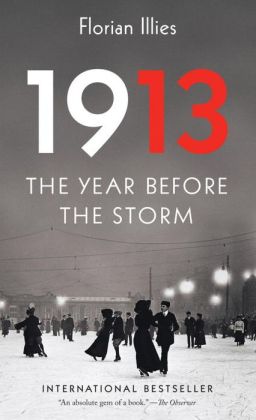 1913: The Year Before the Storm by Florian Illies, trans. by Shaun Whiteside, Jamie Lee Searle (Melville House, $16.95)
1913: The Year Before the Storm by Florian Illies, trans. by Shaun Whiteside, Jamie Lee Searle (Melville House, $16.95)
Florian Illies's 1913: The Year Before the Storm is an astonishingly rich cultural portrait of Europe just before World War I. It animates the personal and creative lives of the era's avant-garde--from Picasso and Gertrude Stein to Freud, Jung and D.H. Lawrence--while untangling the intricate webs connecting them, all in the guise of a collection of miniatures.
Jack London: An American Life by Earle Labor (Farrar, Straus & Giroux, $16)
After a hardscrabble youth, London (1876-1916) lived a hobo's life, worked on a schooner, then attended UC Berkeley briefly before heading off to the Klondike Gold Rush. These experiences laid the foundation for his fierce socialist outlook on life. He read voraciously and committed himself to writing 1,000 words a day, six days a week, work that eventually influenced Hemingway, Steinbeck and Kerouac.
Aimless Love: New and Selected Poems by Billy Collins (Random House, $16)
Billy Collins's gift--a rare one--is taking the everyday and turning it like a prism, holding it up to the light to reveal its different facets. Aimless Love, a compilation of new and selected poems, is laced with Collins's signature whimsy and depth, exploring ordinary moments and touching on themes playful and profound.
The Hotel Oneira by August Kleinzahler (Farrar, Straus & Giroux, $15)
Influenced by the Beats and jazz, his poetry has always been rough around the edges, off-color, loose stylistically but direct and honest. The Hotel Oneira shows Kleinzahler's age: it's more reflective, more conscious of time. There's a wistfulness here, a trace of the bittersweet, placidity. Life now is "ardent but fitful."
Fiction
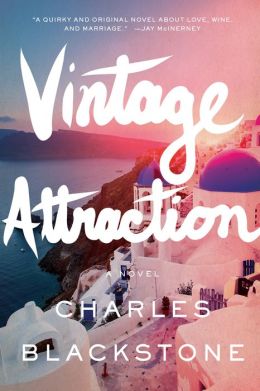 Vintage Attraction by Charles Blackstone (Pegasus, $14.95)
Vintage Attraction by Charles Blackstone (Pegasus, $14.95)
Bottoms up! There's no way to read Charles Blackstone's debut novel, Vintage Attraction, with its scrumptiously crafted details about the ins and outs of wine tasting, without craving a glass of fine vino and a hunk of aged cheese. Clearly, Vintage Attraction proves the maxim that "in wine there's truth."
The Sisters Weiss by Naomi Ragen (St. Martin's Griffin, $15.99)
The Sisters Weiss is a sensitive look at a painful dilemma: the agonizing choice between freedom and family, between loneliness and an often stifling community, between a world of opportunity and a rich but demanding heritage. It is a fascinating portrait of Orthodox Jewish life in New York City, and the effects of one daughter's rebellion on her family.
The Hired Man by Aminatta Forna (Grove, $15)
An English family moving into a small Croatian village awakens long-buried anger and secrets from the town's wartime past in this slow-fuse, suspenseful masterpiece. This is literature with a punch, a perfectly contrived artifice examining unhealed festering wounds, in which Forna takes the Croatian nightmare and brings it to life as her own.
The Last Animal by Abby Geni (Counterpoint, $15.95)
The Last Animal is the rare short story collection that's as coherent and powerful as a well-constructed novel. Although each story stands on its own, as an ensemble, their brilliance becomes apparent. They build quietly on one another, examining the same dark little corners of the human experience from vastly different angles.
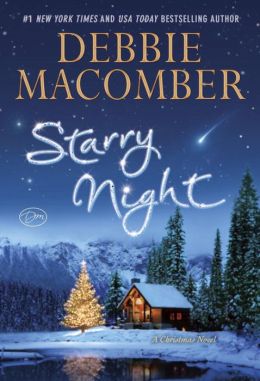 Starry Night: A Christmas Novel by Debbie Macomber (Ballantine, $5.99)
Starry Night: A Christmas Novel by Debbie Macomber (Ballantine, $5.99)
Chicago newspaper columnist Carrie Slayton longs to write "real" news, but is having trouble breaking out of the society page. Fed up with her job, Carrie gives notice. Then her editor offers her an amazing challenge: if she can interview the reclusive Finn Dalton--author of a bestselling survival handbook--he'll let her have any job she wants.
The Outcasts by Kathleen Kent (Back Bay, $16)
With The Outcasts, Kathleen Kent moves away from the New England setting of her first two novels in favor of 1870s Texas. As Lucinda Carter plots with her lover to run away from the brothel where she works, pursuing rumors of hidden gold, lawman Nate Cannon joins forces with two Texas Rangers to track down one of the worst serial killers the state has known.
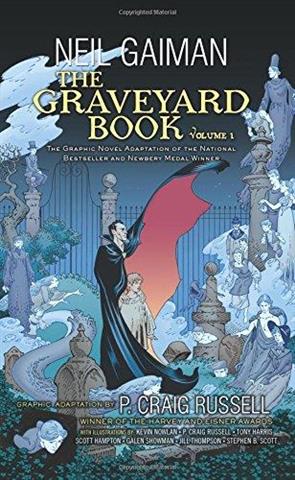 The YA short stories in Monstrous Affections, edited by Kelly Link and Gavin J. Grant (Candlewick), include as many psychological thrillers as situational chillers. Two teenage friends drink down a petrified bat with unnerving results in Glory O'Brien's History of the Future by A.S. King (Little, Brown). Hitting close to home in the wake of the Ebola virus, Love Is the Drug by Alaya Dawn Johnson (Arthur A. Levine/Scholastic) combines spies, intrigue and a deadly pandemic. (These last two are reviewed below.)
The YA short stories in Monstrous Affections, edited by Kelly Link and Gavin J. Grant (Candlewick), include as many psychological thrillers as situational chillers. Two teenage friends drink down a petrified bat with unnerving results in Glory O'Brien's History of the Future by A.S. King (Little, Brown). Hitting close to home in the wake of the Ebola virus, Love Is the Drug by Alaya Dawn Johnson (Arthur A. Levine/Scholastic) combines spies, intrigue and a deadly pandemic. (These last two are reviewed below.)







